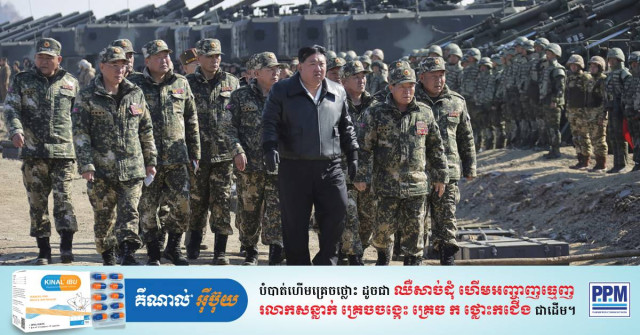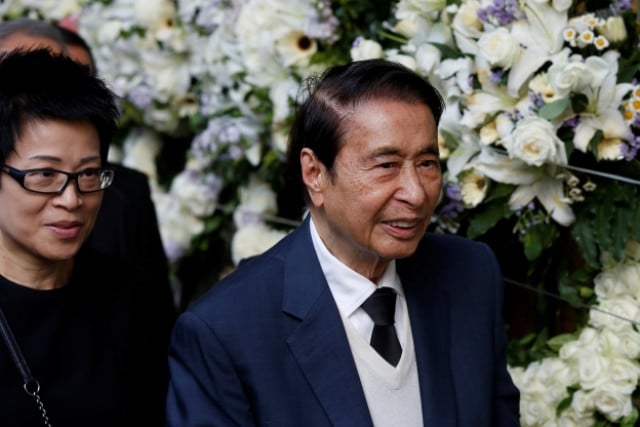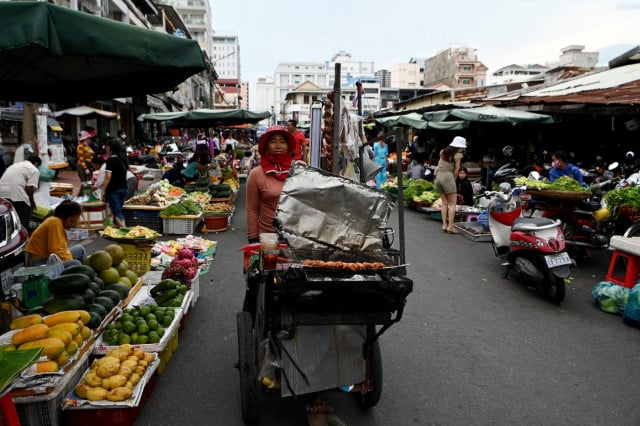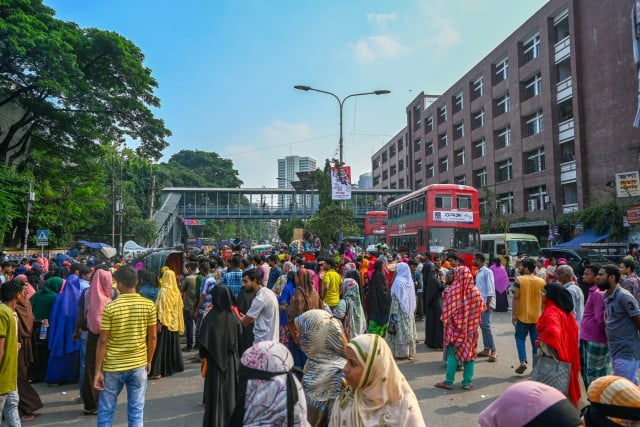Growing N. Korea-Russia Alliance: Immense Global Threats that Demand Collective Action

- By So Channtha
- March 11, 2024 5:10 PM
North Korea and Russia were partners during the Cold War but drifted apart after the fall of the Soviet Union. However, recent global pressures have brought them closer again. Russia's takeover of Crimea and North Korea's nuclear and missile development have led to condemnation and punishment. To address their shared concerns, both countries are strengthening their strategic relationship and supporting each other.
The contemporary deepening ties emerge as an alarming alliance that severely undermines human rights, enables weapons proliferation and destabilises security on the Korean Peninsula. As Pyongyang embraces Moscow economically and militarily, the international community must unite to halt this dangerous relationship before costs escalate further.
The evolving relationship between North Korea and Russia carries significant consequences for regional stability and global diplomacy. As the two nations draw closer, there is a potential for a trade-in arms and technology, strengthening their military capabilities and possibly easing international sanctions. Recent reports suggest North Korea has provided artillery-related containers to Russia, facilitating military support for Ukraine. In return for this support, Russia supplies North Korea with essential resources, stabilizing its economy and advancing its nuclear program. The prospect of Russia offering advanced weapons technology further complicates the geopolitical landscape. North Korea's recognition of Russia-installed governments in Ukrainian breakaway provinces has strained diplomatic ties with Ukraine. Additionally, Russia's political backing shields North Korea from international condemnation, hindering efforts to address security concerns. This intricate relationship poses challenges and opportunities that demand careful consideration in the realms of regional security and global diplomacy.
Significantly, North Korea’s horrendous human rights record cannot be ignored. The despotic Kim regime ruthlessly crushed dissent through arbitrary detentions, torture, forced labor camps, public executions, and collective punishment. Russia is now directly enabling these abuses by propping up its regional ally politically and financially. The Kremlin’s veto of UN humanitarian assistance and acceptance of North Korean labor reveal an unconscionable disregard for human dignity.
These deepening ties also pose a serious threat to South Korea’s security as it potentially escalates the risk of a military conflict in the Korean Peninsula, obstructing diplomatic attempts to denuclearise North Korea, and disrupting the regional balance of power. With Russia's cooperation, North Korea might bolster its nuclear and missile capabilities, presenting a direct and immediate threat to South Korea and its allies. The pariah state may have reduced motivation and external pressure to participate in discussions and collaboration with South Korea and the global community since Russia might protect itself from additional sanctions and disapproval.
In response to the gravity of the challenges posed by the deepening North Korea-Russia relationship, regional and international actors must unite in a strong and coordinated effort through multilateral cooperation and the enforcement of existing sanctions regimes. The United Nations Security Council should persist in adopting resolutions that expand sanctions on North Korea for its nuclear tests and prohibit all member states from transferring weapons or dual-use technologies. It's imperative to maintain consistent multilateral pressure by freezing assets, restricting financial transactions, banning oil exports, and imposing travel bans on North Korean leadership and their families. There should be no exceptions for Moscow, and North Korean bank accounts and revenue sources abroad must be immediately frozen, including those from labor and illicit activities.
Diplomatic isolation of North Korea must be broadened, while regionally, advanced military capabilities and security integration among the U.S., South Korea, and Japan are paramount. Missile defense systems, joint exercises, and intelligence sharing are essential to counter the North Korean threat enabled by Russia. China, too, holds responsibility for restricting cross-border flows and enforcing UN sanctions. Moreover, it's crucial to keep North Korea's appalling human rights abuses at the forefront of international attention. The world cannot afford to repeat past failures in places like Rwanda and Bosnia. The people of North Korea endure silent suffering while their oppressors grow stronger through forbidden ties. This injustice demands loud voices and bold action to isolate the Kim regime until real reforms emerge. The international community must stand firm in its commitment to protecting human rights and preventing further crimes against humanity.
The growing alliance between North Korea and Russia presents a substantial risk to worldwide security, stability, and human rights. This alliance promotes weapons proliferation, hinders diplomatic attempts to denuclearise North Korea, and poses a challenge to the current global order. Arms and technology transfer between the two countries may intensify hostilities in regions such as Ukraine and the Korean Peninsula. Russia's political and diplomatic backing of North Korea encourages the regime to persist in its provocative measures and human rights violations. The international community has to uphold robust multilateral cooperation, enforce current sanctions, and prioritize human rights issues to tackle these challenges. In addition, cooperation between regional players like China, Japan, South Korea, ASEAN, and South Korea is required to counter the North Korean threat, prevent new crimes, and preserve regional stability while advancing fundamental rights.
So Channtha is a Politics and International Relations Lecturer at the University of Cambodia.















